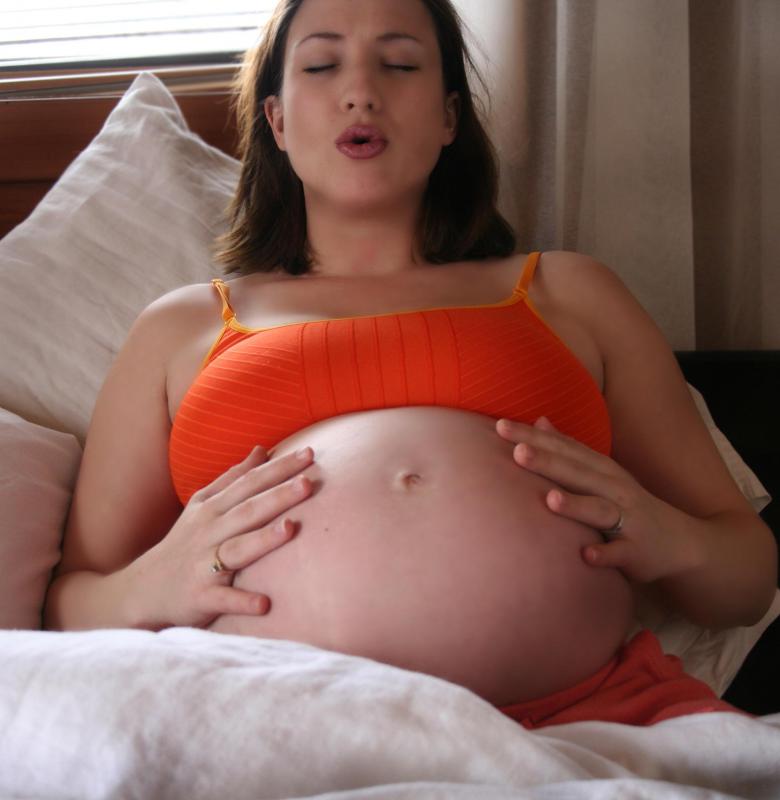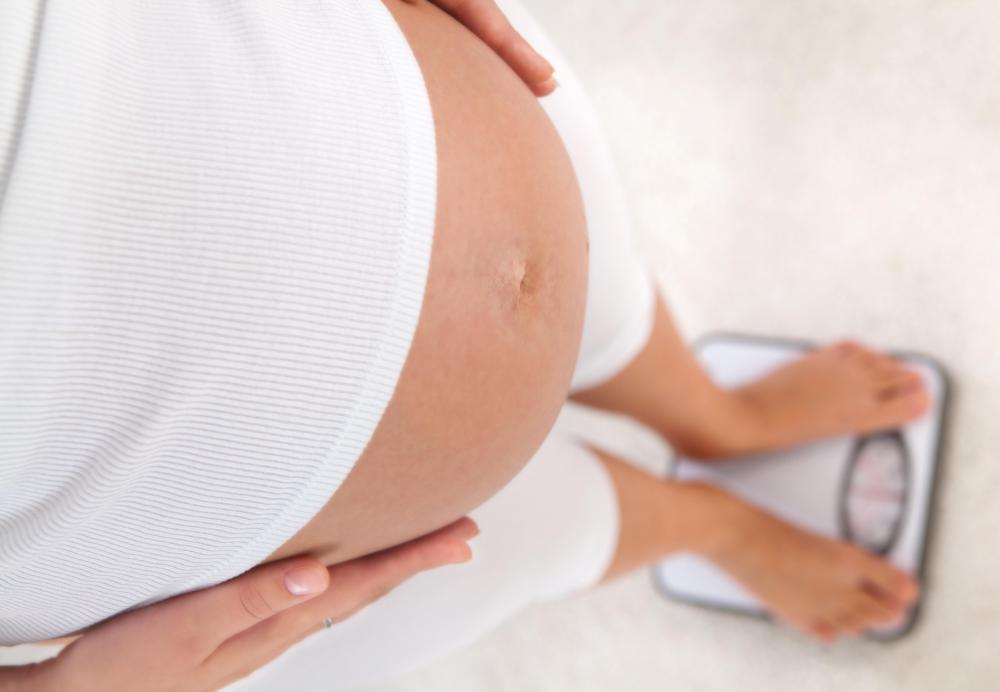At WiseGEEK, we're committed to delivering accurate, trustworthy information. Our expert-authored content is rigorously fact-checked and sourced from credible authorities. Discover how we uphold the highest standards in providing you with reliable knowledge.
What is an Unassisted Birth?
Unassisted birth is a birth in which the laboring mother is not assisted by a childbirth attendant such as a doctor, nurse, or midwife. This approach to birthing is part of the natural birthing movement, which advocates for a return to more traditional birthing methods, and rejection of medicalized birth, such as birth in a hospital or birth which involves surgical interventions. Most unassisted births take place at home or in other private locations. This is not the same as an accidental unassisted birth, in which a woman gives birth without medical assistance due to an emergency situation, rather than because she has planned to do so.
Proponents of unassisted birth believe that the laboring mother should trust her own body and take charge of her labor. In an unassisted birth, she makes the decisions about how and when to labor, and does not take direction for an attendant or observer. In some cases, women labor alone in a solo birth, while others may labor with their partners in a couple's birth, or welcome many friends and family members to the birth, with the understanding that they remain in charge.

For a woman with a healthy pregnancy, giving birth at home can be very safe, and in fact home birth is actively encouraged for women with healthy pregnancies in many regions of the world. However, giving birth without medical care of some kind can be dangerous. At most home births, a birth attendant with experience is available to intervene if a problem develops, and a woman can be evacuated to the hospital if it becomes apparent that she or the baby is in danger. At an unassisted birth, there is no safety net, which can make the process dangerous.

Advocates of unassisted birthing, also known as freebirthing, have a number of approaches to the practice. Some believe that women should pursue regular prenatal care from a doctor, nurse, physician assistant, or midwife. Prenatal care can identify issues and complications which may indicate that an unassisted birth would be unsafe, and will allow women to pursue assistance with an assisted homebirth or a hospital birth if it becomes necessary. Others believe that women can educate themselves about prenatal care and birth, or that women should pick and choose prenatal care services to meet their needs.

Many professional organizations of birthing professionals such as obstetricians and nurse midwives are opposed to unassisted birth, arguing that it can pose safety risks to mother and child. Midwives and advocates for home birth may be more supportive, with some caveats such as a commitment to prenatal care and a willingness to transfer to a hospital if necessary. Education about unassisted birth is provided in a number of venues, including books about the practice, workshops led by childbirth educators and people who have gone through unassisted birth, and on websites and forums where people can share information and stories.
AS FEATURED ON:
AS FEATURED ON:














Discussion Comments
In my humble opinion, an unassisted birth is rolling the dice with your baby's life, and possibly, your own. I don't have a problem with midwives or doulas being present for a home birth. In fact, I think if a mom is healthy and it looks like the pregnancy is uncomplicated, then keep the OB on call, just in case, but have the baby at home, with the midwife attendant. To my mind, that's just good, common sense.
But some people seem to lose every bit of common sense they were born with in their quest to have a "natural" childbirth. For my money, they could have given me ether or chloroform to knock me out and I'd have slept through the whole thing gladly. As it was, I was beyond grateful for my epidural.
Post your comments